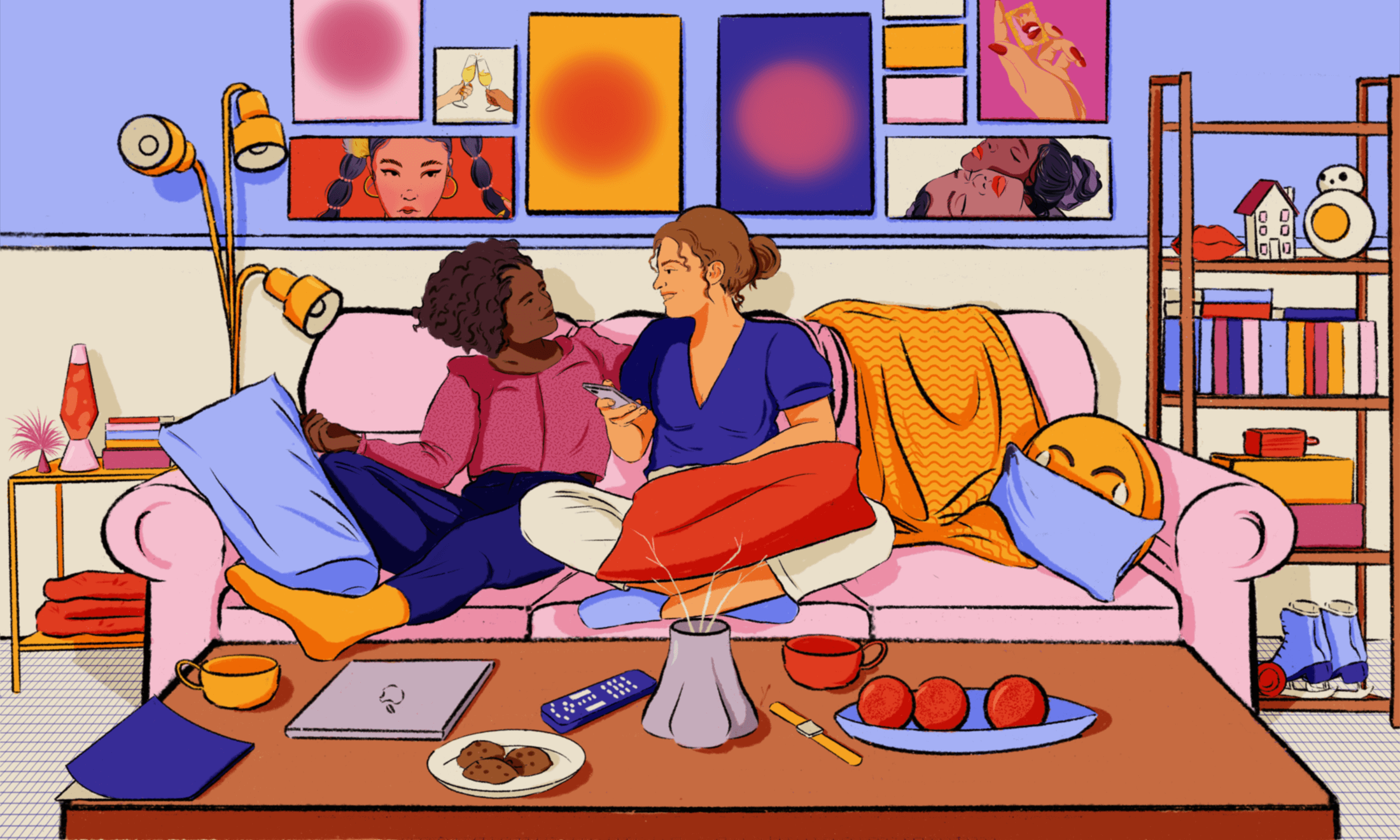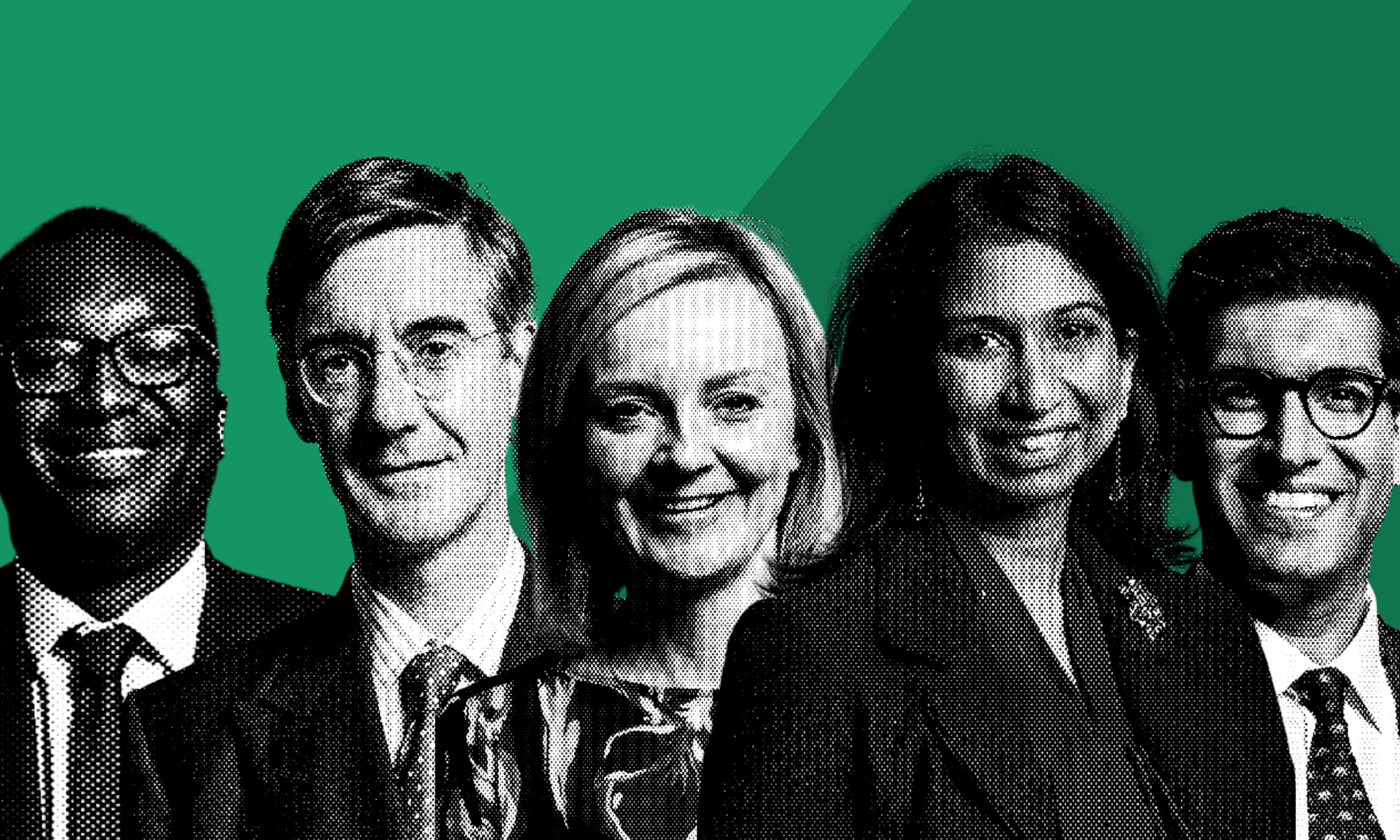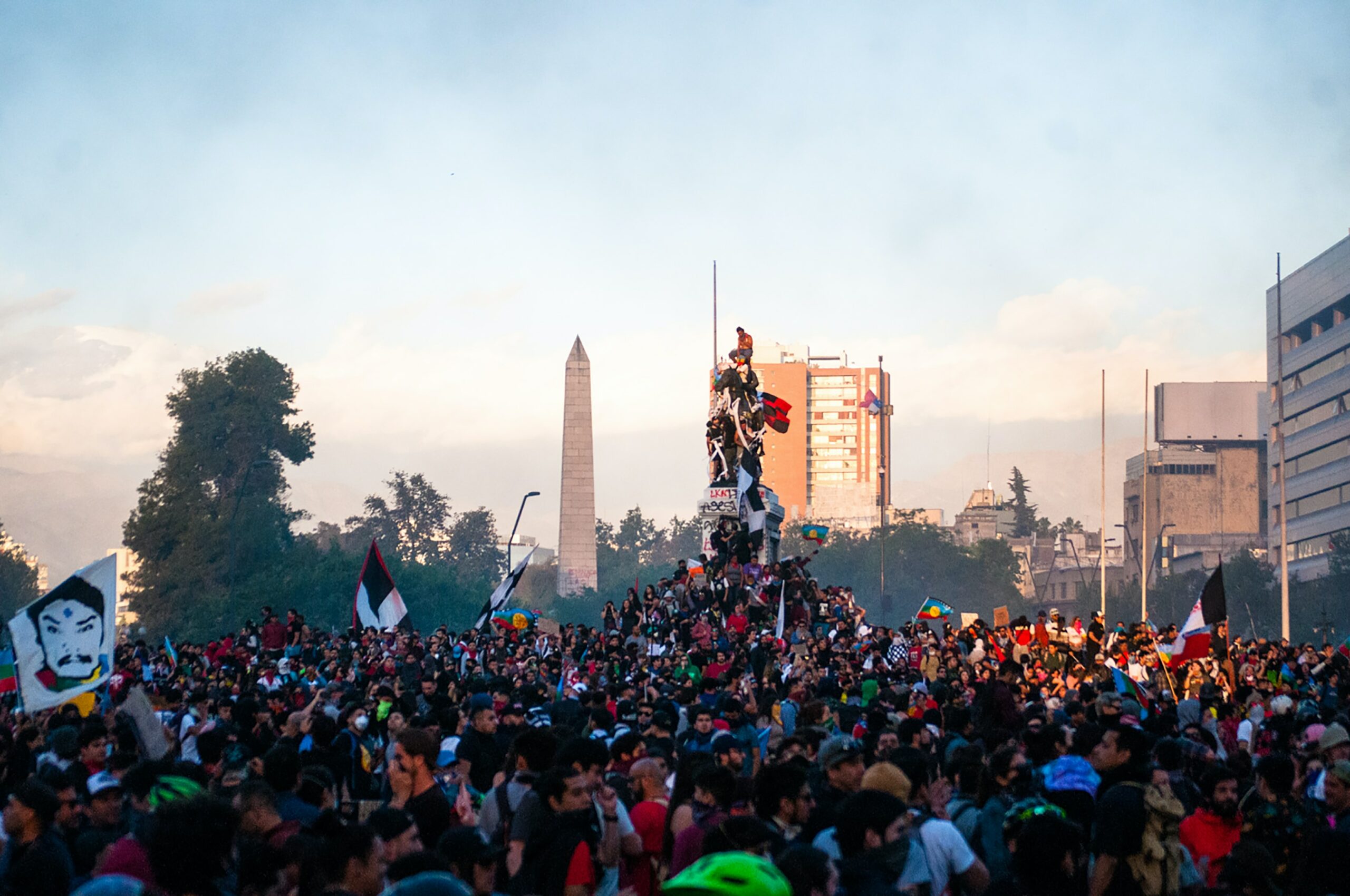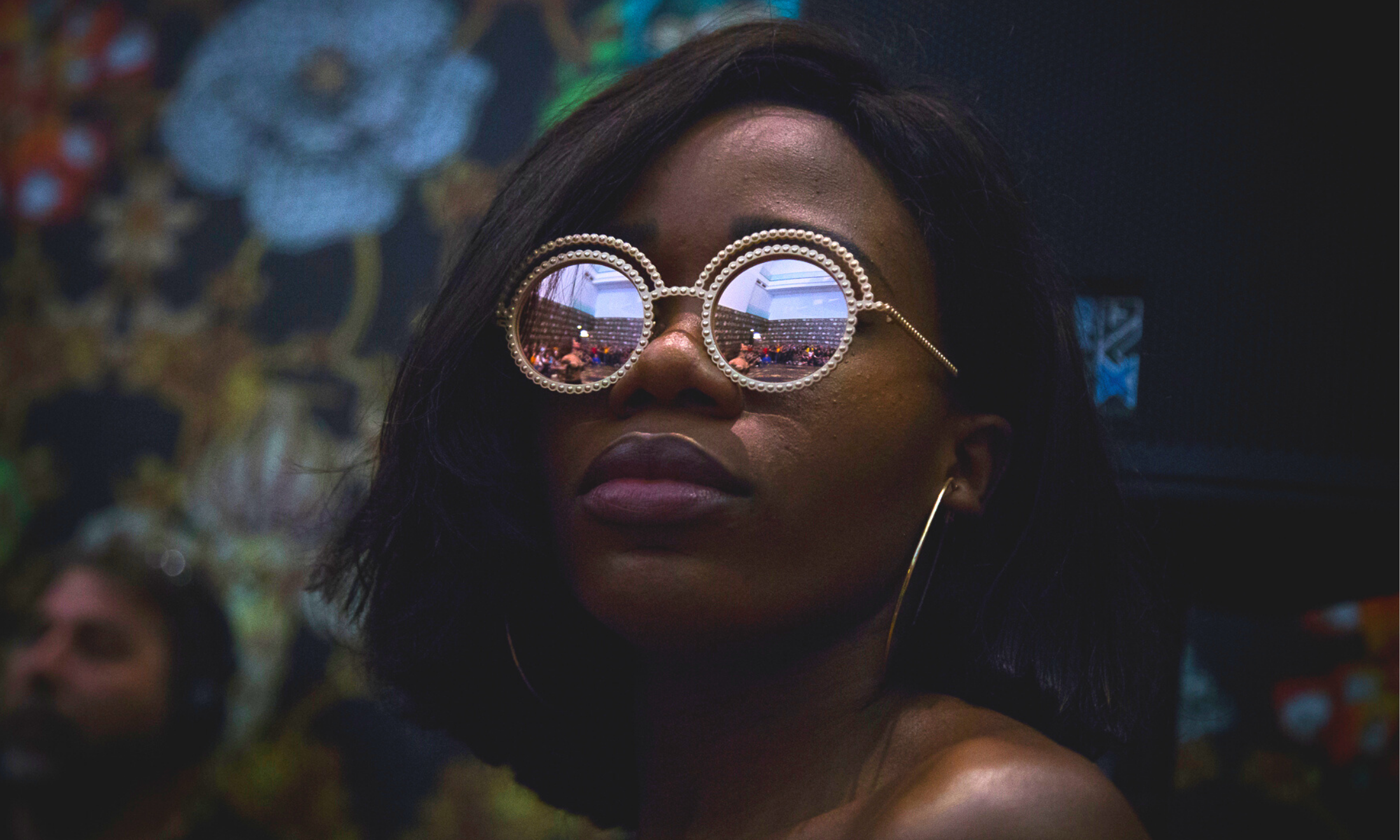
Photography via Unsplash / Sinitta Leunen / Etty Fidele
Young people of colour are living by their own rules in the second lockdown
As the government struggles to protect communities of colour, young people say they're surviving in any way they can.
Editors
26 Nov 2020
A few weeks ago, Boris Johnson mumbled the dreaded news that England was going to go into another lockdown. Despite SAGE advice of having a “circuit breaker lockdown” months before and parts of the North being placed under tighter restrictions, the government once again waited for the situation to get out of hand before scrambling to bring it under control.
Many feel let down by their government, but for young people of colour, the hurt runs way deeper. With BAME groups at most risk from catching and dying from Covid-19, due to structural inequality affecting everything from housing situations to working conditions, the rapid rise in cases is a great cause of anxiety. Therefore young people of colour are not only at more risk of being exposed to the virus, but also have to deal with the consequences of spreading it within their already unprotected communities.
So with the dreadful déjà vu playing out, how are young people of colour coping with the second lockdown?
“I’m going to be meeting my friends this weekend and that’s obviously going to break the rules,” Hasan, who is 17, tells me over the phone. “At this point I’m so disillusioned by everything. The government had months and months as well as the capacity to avoid another lockdown in the first place.” The A-level student thinks the government’s “profit-driven ideology” has led them to not prioritise people’s livelihoods and mental health.
Hasan is also struggling with the lack of space, which is affecting his well-being. “Most of my friends are brown or Black and we live in inner-city East London – being trapped in your house has such a mental toll on your health,” he continues. “It’s been really traumatic in that way, so I’m going to meet up with my friends and I’m not going to feel guilty about that.” Hasan says there’s an obligation to listen to the rules while the government doesn’t do anything to strengthen public trust.
“Young people of colour are not only at more risk of catching the virus, but also have to deal with the consequences of spreading it within their already unprotected communities”
Some, like 19-year-old Dawood* have stopped following government guidance altogether. The first year university student has been going to parties with guests who know they’re Covid-19 positive, but says he doesn’t judge them because the students are only seeing each other. “It’s the same people’s parties and the same people’s flats. No one around us is vulnerable, so what harm is it going to do?” he asks. “Mental health is the biggest issue [for young people]. From what I’ve seen, a lot of students are turning to drugs and the situation isn’t good.” Dawood is just one of the many students feeling “fenced” in by his university, with no mental health provisions in place. He believes social gatherings are the only thing young people at his uni can turn to right now.
For Anika*, 21, the constantly changing rules have meant she has completely given up on them – so she’s decided to still see her friends outside and socially distance where possible. The recent journalism graduate has been writing job applications most evenings, but the lack of job prospects, coupled with the early nights have been dreadful for her mental health. “In the summer it was fine because it was warm, you could be outside, be in the garden and chill out with your family. But now it gets dark by 4pm and it’s just depressing.” For Anika, seeing friends is a way to have something to look forward to. “I just think as long as I’m doing my bit by keeping safe, like washing my hands and socially distancing, then I’m ok.”
“Many feel like entire communities have been sacrificed for the greater good of “saving Christmas”
With Diwali just gone, Anika is sad she wasn’t able to celebrate an important holiday with extended family members. Many others have also felt like entire communities have been sacrificed for the greater good of “saving Christmas.” Izzy from Birmingham is uncomfortable about the whole narrative around Christmas restrictions. “Undoubtedly, we deserve to celebrate the holiday period which is important to so many, but we also deserved Eid, Rosh Hashanah and Diwali too,” she says.
For other young people, adhering to strict Covid-19 regulations isn’t a question of choice. Nafeesah* is a final-year Medicine student at the University of Manchester and says she hasn’t broken a single rule because she’s working at the Critical Care Unit. As a Black Muslim woman, Nafeesah feels like people of colour on the front line are having to deal with the burdens of an inept government. “It’s not a responsibility I’m shouldering alone. Many people from similar backgrounds, to me, have the same worries and concerns,” she says solemnly. “We all have to do what we can because the government isn’t protecting our communities. And if I was to put my community at further risk, I just couldn’t.”
Arjun*, 25, feels the same. Ever since moving back to his family home in Stoke-on-Trent, he’s had to protect his elderly parents. “If I’m honest, I’ve got zero respect for the government and I’m only doing it for the sake of protecting people,” he explains. Staying at home every day and not being able to take proper breaks from working on his computer has hugely affected his well being. “I think how disillusioned I feel might be a contributing factor to my mental health. Every day, the government finds ways to disappoint or mislead people. It’s been very draining, and I’ve been completely wrapped up in the political situation and how the government hasn’t really taken care of anyone.”
For some communities, keeping distant for so long is also culturally abnormal. After a recent death in the family, Esin’s* relatives keep trying to visit her household in north London. “[In Afghanistan], people normally come over to visit and see how you are,” she explains. “Our relatives keep calling and saying they want to come over but my parents are having to say no. Some listen but some will turn up randomly.” Though the family has been trying to keep a distance, they also acknowledge the cultural and religious significance of seeing family when mourning.
The 23-year-old civil servant also feels like the rules have affected important family occasions, like her cousin’s wedding. “It was really sad knowing they would have loved to have more than 30 people at the time. And now they don’t even know when the proper wedding will be, because you can’t plan anything far in advance with how unpredictable things are,” she says.
“There’s a growing feeling that authorities don’t actually care for their lives”
It’s clear to see why many young people of colour are creating their own rules to follow, depending on their individual situations. If they were locking down in March to “do their bit” for the greater good and buy the government time to build a “world-class” Track and Trace system – they’re now feeling abandoned and only following guidance to protect their own vulnerable communities. So whether they’re completely avoiding mixing with others or disregarding rules altogether, it’s coming from a place of self-protection – an act of taking matters into their own hands. There’s a growing sense that authorities don’t actually care for their lives.
When Dawood first came to uni, he was abiding by all the government rules, but he’s gradually started to care less. “All my brown and Black friends have also lost more faith, compared to my white mates,” he says. “Especially since they’ve put all this effort to give a week off rules for Christmas but for Eid they left it last minute to tell us we couldn’t go out.”
Hasan shares this sentiment. Though this isn’t the first time he’s broken the rules, he feels less guilt because he’s “sacrificed so much”, adhering to most of the contradictory guidance given by the government. “We still want things to be better but have no trust in the government or politicians across the board,” he tells me. The 17-year-old thinks that long term, apathy and disillusionment may play a key within political movements of the future.
And with young people of colour feeling more and more discontent, the endless and illogical restrictions may just lead to a shift in this generation’s political psyche.
*Names have been changed









